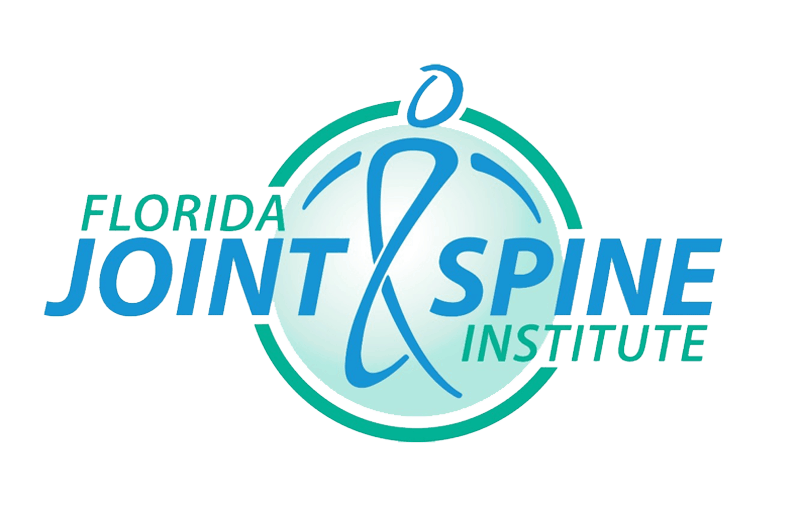Your back pain could get better, and soon. There are many treatments that may help, from physical therapy to small but strategic changes in your daily routine. Even your breathing might make a difference!
First, ask your doctor what might be the cause and how to treat it. She may recommend physical therapy or occupational therapy.
Next, add in these eight everyday habits:
1. Use your breath. When the pain kicks in, it’s easy to tense up. Instead, try to breathe deeply. You may want to visualize the breath going to the area that hurts. This will help you relax. You can also try other stress management techniques, including meditation.
2. Rethink your good days. It’s great to feel better. But you may feel tempted to do a lot of stuff to make up for the times you weren’t able to. So ask yourself, “Are my goals realistic?” Pace yourself. It’s one of the keys to getting things done without a pain backlash.
3. Challenge yourself physically. Are you taking it too easy? If you think that you can’t be active because of your back pain, that’s understandable but misguided. Activity helps — as long as it’s not too hard, too long, or too much. Ask your doctor or physical therapist what’s best for you.
4. Edit yourself. Do you tend to say things like, “I can’t do that,” or feel discouraged by your back pain? Wake up your inner editor and start replacing negative thinking with positive self-talk. Encouragement can start from within you.
5. Reach out. Pain can be isolating. So push back. You might join a support group, book a few sessions with a counselor to help manage your emotions, or open up with your friends and family about what you’re going through.
6. Check on your meds. If you take medicines for your back pain, ask your doctor what you can expect from them, including their side effects and how long it’s OK to take them.
7. Cut back on drinking if your back pain makes it hard to get shut-eye. Alcohol may help you fall asleep, but it will also make it harder to stay asleep all night.
8. Do you smoke? Work to kick the habit. Ask your doctor for advice and support on this. Smoking may be linked to degenerative disk disease, a leading cause of low back pain.

